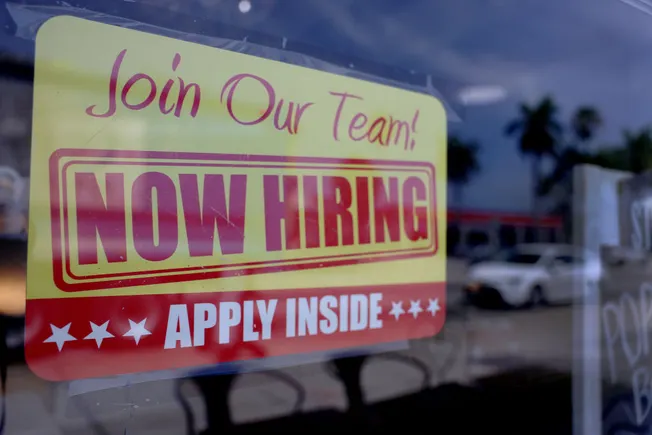Dive Brief:
- A 3-1 majority of the Federal Trade Commission agreed to dismiss the agency’s appeals in two separate legal challenges of its 2024 ban on noncompete agreements in employment contracts, FTC confirmed in a press release Friday.
- In a statement, FTC Chairman Andrew Ferguson said the ban’s “illegality was patently obvious” and “would never survive judicial review,” adding that it constituted a waste of the agency’s funding. Ferguson was one of two Republican commissioners who voted against the FTC’s ban when it was initially up for approval.
- FTC will continue enforcement efforts against unlawful noncompetes, Ferguson said, adding that the commission invited the public to submit information on the scope, prevalence and effects of noncompetes. “And in the coming days, firms in industries plagued by thickets of noncompete agreements will receive warning letters from me, urging them to consider abandoning those agreements as the Commission prepares investigations and enforcement actions,” he said.
Dive Insight:
The commission’s decision represents an effective end to what some described as an ambitious, if not complicated, rulemaking effort. Federal judges in Texas and Florida issued injunctions on the noncompete ban, while a Pennsylvania judge allowed it to proceed over an employer’s challenge.
FTC’s noncompete ban never took effect. But it would have prohibited enforcement of most noncompete agreements nationwide, save for contracts involving a narrow class of “senior executives.” At the time, the agency’s Democratic majority said the rule was necessary due to the limits such agreements placed on workers’ ability to compete for better jobs or start their own businesses.
Judges who struck down the ban said it exceeded the agency’s authority. Ferguson agreed in his statement Friday, adding that some noncompete agreements are unlawful under U.S. antitrust laws.
“As I have said, noncompete agreements can be pernicious,” Ferguson said. “They can be, and sometimes are, abused to the effect of severely inhibiting workers’ ability to make a living … And that is why Congress, through the FTC Act and the Sherman Act, gave us the authority to step in when they are onerous enough to become unlawful. The Commission should have been doing everything it could to find unlawful noncompete agreements and eliminate them.”
The FTC took action on this front one day prior to the abandonment of the 2024 rule by filing a complaint against Gateway Services — a pet cremation company — in which it alleged that the company imposed unlawful noncompetes that prohibited almost all employees from working elsewhere in their industry for up to one year upon leaving the company.
Rebecca Slaughter, the FTC’s lone current Democratic commissioner and one member of the former majority that voted to approve last year’s ban, dissented from the decision to end the appeals process.
Last week’s developments showed that FTC continues to pursue enforcement against alleged anticompetitive conduct in the form of overbroad noncompete agreements, Melissa McDonagh, shareholder at Littler Mendelson and co-chair of the firm’s unfair competition and trade secrets practice group, said in an email to HR Dive.
“Therefore, the lesson is that in addition to ensuring compliance with the numerous state non-compete laws, employers should strategize with their employment counsel to develop a restrictive covenant program tailored to the various job duties within their organization,” McDonagh continued.






Leave a Reply